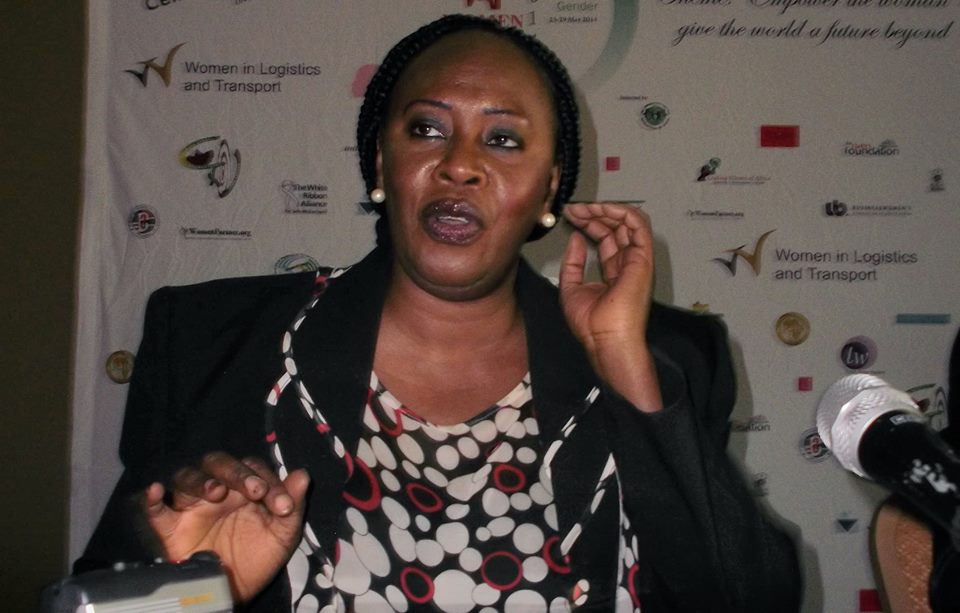
In moments of political turbulence, when outrage overshadows reason and reaction replaces reflection, it becomes imperative to separate law from sentiment, and principle from bias.
The unfolding controversy surrounding Fatoumatta Jahumpa Ceesay’s leaked private communication is not just a case of diplomatic decorum—it is a test of Gambia’s commitment to free expression, privacy rights, and the rule of law.
As voices clash and political bias masquerades as public outrage, we must ask: Are we defending justice, or selectively wielding it? Are we upholding democratic principles, or allowing reactionary fervour to dictate governance?
This article is not about defending individuals—it is about defending principles. The integrity of a democracy is measured not by how we treat popular opinions, but by how we safeguard unpopular ones.
If we allow private speech—unlawfully leaked—to serve as grounds for dismissal, we risk normalising state overreach and eroding the civil liberties we claim to protect.
Let this be a moment of legal reckoning, not political maneuvering. A democracy governed by law—not mob sentiment—must draw the line between moral discomfort and legal wrongdoing.
The debate surrounding privacy, free speech, and the expectations placed upon public officials must be grounded not in selective outrage, but in constitutional principles that apply to all Gambians, regardless of political affiliation.
The controversy surrounding Gambian Ambassador Fatoumatta Jahumpa Ceesay’s leaked WhatsApp audio has ignited a debate on privacy, free speech, and diplomatic ethics.
While some argue that her remarks warrant public accountability, others contend that private speech—unlawfully disseminated—should not be grounds for dismissal or legal action.
This article further examines legal precedents on privacy and defamation, the broader implications for diplomatic ethics, and the delicate balance between personal expression and public responsibility.
The legal framework surrounding privacy and defamation is complex, particularly when it involves public officials. In many jurisdictions, including the United States and the United Kingdom, defamation law distinguishes between private individuals and public figures.
Defamation and public officials
The landmark case New York Times Co. v. Sullivan (1964) established that public officials must prove “actual malice”—meaning the statement was made with knowledge of its falsity or reckless disregard for the truth.
This precedent protects free speech, ensuring that public figures cannot use defamation claims to suppress criticism unless they can prove intentional falsehood.
Privacy and unlawful dissemination
Courts have ruled that private communications, even if controversial, are protected under privacy laws unless they involve criminal activity or national security concerns. The unauthorised release of private conversations raises concerns about digital privacy violations, reinforcing the argument that Ceesay’s remarks should not be grounds for dismissal.
Diplomats are expected to uphold decorum and discretion, but they are also private citizens with constitutional rights to free expression. The ethical debate centres on whether private speech should impact diplomatic credibility or if public outrage is being weaponised to demand political consequences.
While Ceesay’s leaked audio may be deemed impolite, it was a private communication unlawfully disseminated. She was speaking as a private citizen, not in her official diplomatic capacity. In a democracy governed by law—not outrage—private speech cannot be the basis for dismissal.
To call for her sacking is to endorse state overreach and erode civil liberties. If private conversations become grounds for public punishment, it sets a dangerous precedent where individuals fear expressing opinions in personal spaces.
However, critics argue that diplomats represent national interests at all times, making private remarks fair grounds for scrutiny. Some self-proclaimed activists and opposition figures has called for her dismissal, citing concerns that her comments undermine diplomatic integrity.
This controversy is not just about one leaked audio—it is about the broader implications for privacy, free speech, and political accountability. If private conversations become grounds for dismissal, it risks eroding civil liberties and normalising state overreach.
The legal precedents on privacy and defamation suggest that Ceesay’s remarks, while controversial, do not meet the threshold for legal wrongdoing.
The Gambian government must decide whether it will uphold democratic principles or succumb to political pressure. The question remains: Will The Gambia protect free speech, or will it allow outrage to dictate governance?
By Alagi Yorro Jallow











Recent Comments